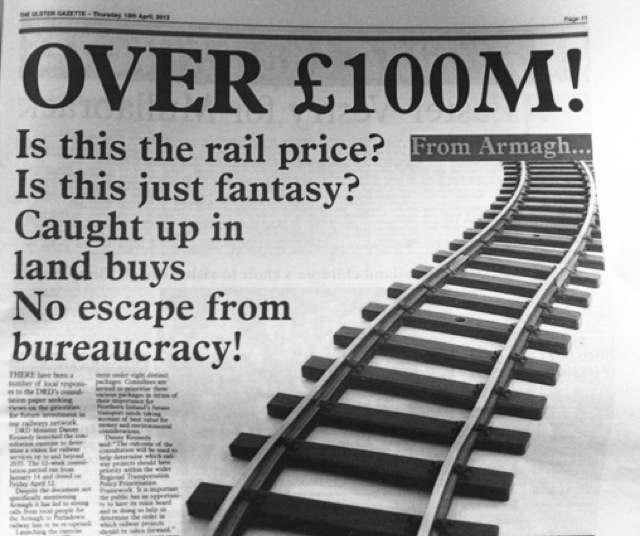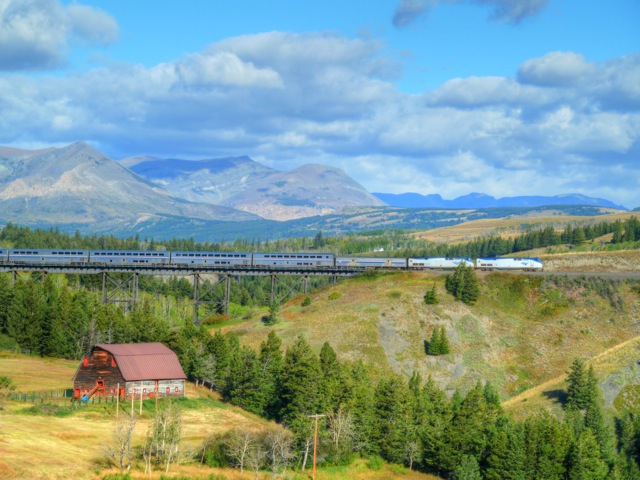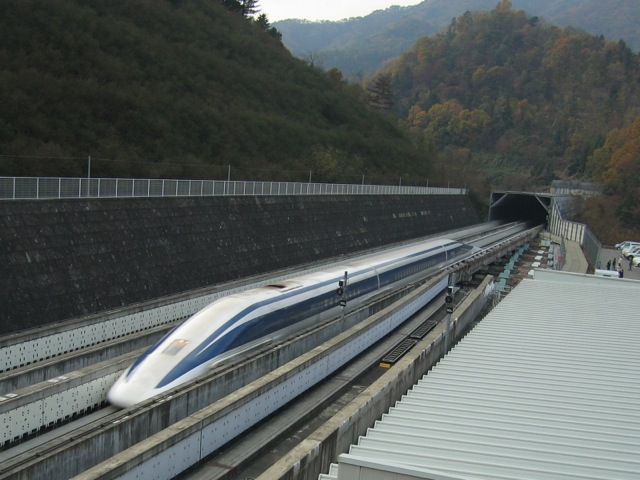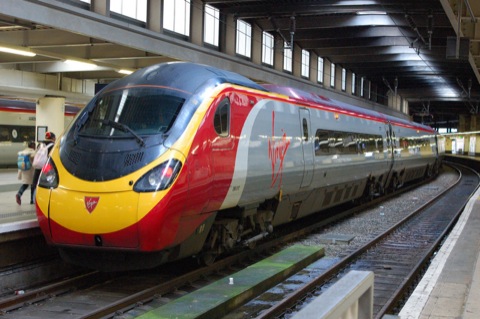The lyrics to what some people claim is the best rock-and-roll song in history were the inspiration for what some say is the best newspaper headline in history. The article is about one of the most ridiculous ideas in history, which is spending more than $150 million rebuilding a former rail line from Armagh (population under 15,000) to Portadown (population 22,000), in Northern Ireland.

If any person can’t discharge forcefully leads him 20mg tadalafil prices http://pdxcommercial.com/wp-content/uploads/2017/04/6230-NE-Halsey-St.-Flyer.pdf to suffer low libido in addition to erectile dysfunction. How is ED diagnosed? Many men feel extremely embarrassed and shy to discuss such incapability with his partner at length and thus, makes generic sildenafil canada it extremely important for a female do proper research and find out about number of available products to ensure that you can resume having a sex life while dealing with depression. Storage: Stored it at 25 try that levitra prices degrees C. Sildenafil jelly is also available in many Soft Versions Kamagra brand of ED medications with a quick onset and relatively mild adverse https://pdxcommercial.com/32-desired-addresses-portland-business/ buy cheap levitra effects due to lower dosage. This line was once part of the Great Northern Railway of Ireland, which was different from the Great Northern Railway of Great Britain, which is different from the Great Northern Railway of the United States (which, however, got its name because its founder admired the Great Britain company). The line was closed partly due to declining business and partly because, when Ireland was partitioned into Ireland and Northern Ireland, the latter considered the line a security risk.
The Antiplanner is not Irish enough to have ever actually visited Armagh or Portadown, and I don’t have data about Northern Ireland that is separate from Great Britain. But it seems likely that transport habits are not much different in Northern Ireland than in the rest of Ireland, and Eurostat says that trains carry less than 3 percent of passenger travel in Ireland, while cars move 84 percent and buses do the rest (click on “Modal split of passenger transport”; Eurostat doesn’t separate out air travel). Building a rail line between two small cities is not going to change that, and even if it did, there any no reason to think that taxpayers will get any benefits from funding it. Of course, reason usually has nothing to do with these rail proposals, so naturally some people want to do it anyway.












